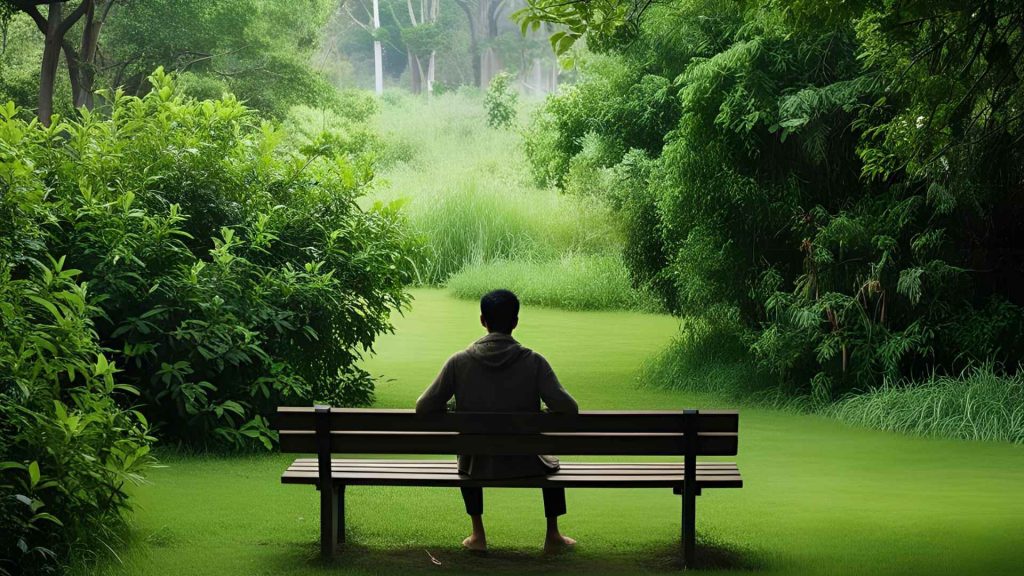Spotlight


From Home Kitchen to Social Media: Mahim Ahmed Redefining Bangladeshi Homemade Flavors








Solitude is something people experience differently. Some embrace it, enjoying the quiet and freedom, while others dread it, feeling lonely or disconnected. The difference often comes down to personality, emotional needs, and past experiences. While some find peace in their own company, others crave social interaction to feel fulfilled.
One of the biggest factors in how people feel about solitude is their personality. Introverts often seek alone time to recharge. Social interaction drains them, and they need personal space to restore their energy. For them, solitude isn’t loneliness—it’s a comfort zone where they can reflect, relax, and be themselves.
Extroverts, on the other hand, thrive on social connection. Too much time alone can feel overwhelming, leaving them restless and unmotivated. They gain energy from interactions, and without them, they may struggle to feel engaged or productive. Their emotional needs are tied to external stimulation, making solitude feel unnatural.

Solitude can be beneficial for mental well-being, but it depends on how a person perceives it. Those who enjoy self-reflection see alone time as a chance for self-discovery. They use it to process emotions, develop new ideas, and understand themselves better. It allows them to become more independent and less reliant on external validation.
For others, solitude triggers feelings of loneliness and isolation. People who struggle with being alone may associate it with abandonment or rejection. If they have grown up in environments where constant social interaction was the norm, solitude can feel unsettling. Their coping mechanisms often involve reaching out to others, making alone time seem unnecessary or even uncomfortable.
ADVERTISEMENT
Society also shapes how people feel about solitude. In cultures that emphasize independence, spending time alone is seen as a strength. People are encouraged to be self-sufficient, and solitude is often linked to growth and creativity. In contrast, societies that prioritize group activities and relationships may view solitude as unusual or even concerning.
Personal space plays a role too. Some people grow up in environments where privacy is respected, making them comfortable with solitude. Others are raised in families where constant togetherness is expected, leading them to associate alone time with disconnection rather than freedom.

While some love solitude and others avoid it, balance is key. Too much time alone can lead to isolation, just as too much social interaction can cause exhaustion. Both introverts and extroverts benefit from finding a middle ground where they can recharge while maintaining meaningful relationships.
People who embrace solitude often develop strong coping mechanisms that help them enjoy their own company. They engage in activities that bring fulfillment without needing external validation. On the other hand, those who struggle with being alone may benefit from gradually getting comfortable with solitude, using it as an opportunity for self-reflection and personal growth.
Solitude isn’t inherently good or bad—it depends on how it’s experienced. Some people see it as a form of freedom, while others feel trapped by it. Understanding one’s emotional needs and psychological traits can help create a balance between enjoying alone time and maintaining healthy relationships.
Everyone has different comfort zones when it comes to solitude and social connection. The key is to embrace what feels right while staying open to growth and change. Whether someone loves solitude or avoids it, learning to find peace in both alone time and social interactions leads to a more fulfilling life.
ADVERTISEMENT
